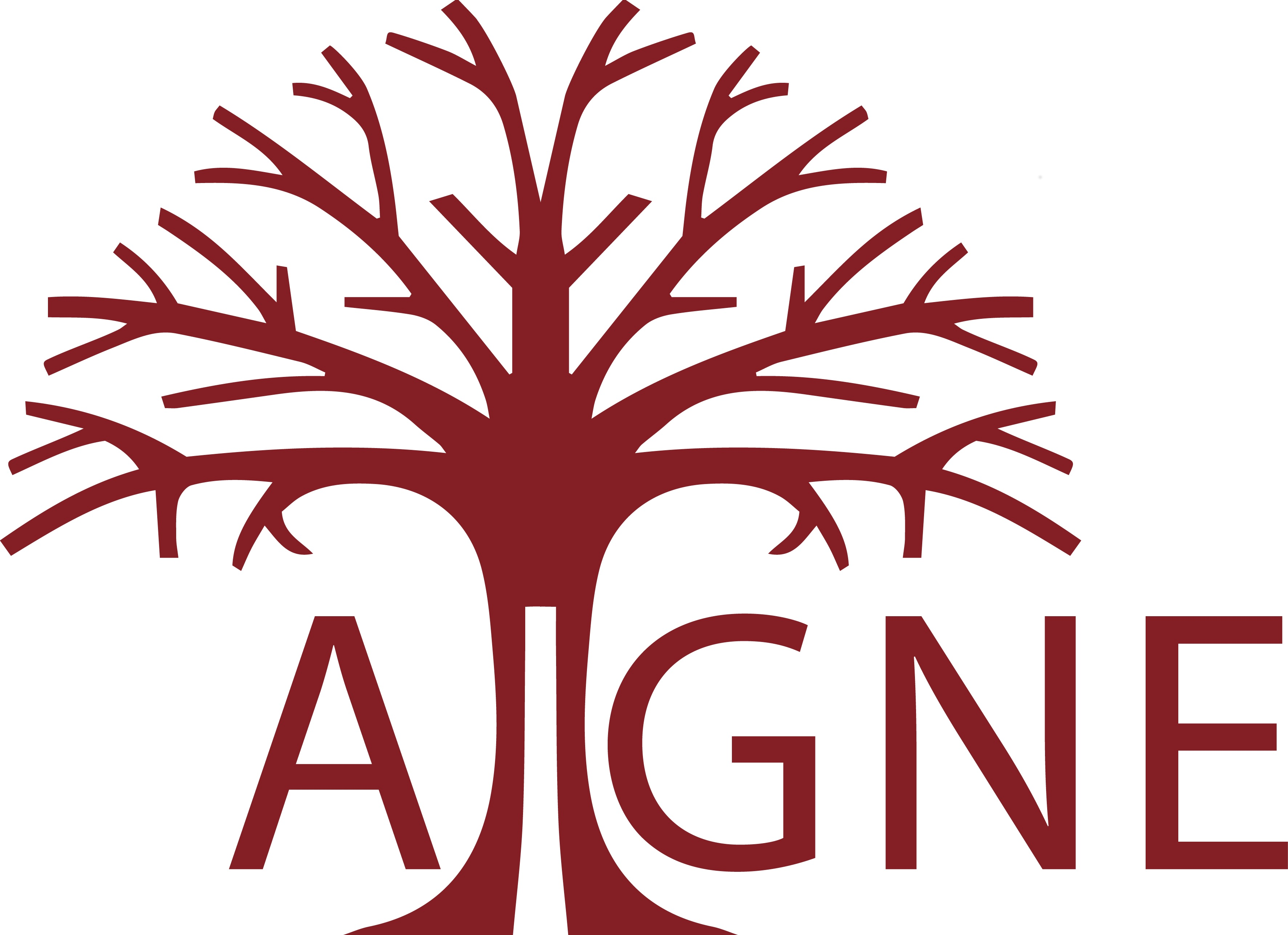Defining disability: An auto-ethnography on the lived experiences of a person with cerebral palsy
DOI:
https://doi.org/10.33178/aigne.vol1.1Abstract
The purpose of this auto-ethnography is to reveal how instrumental life situations for a person with a physical disability present opportunities to define disability, rather than allowing disability to define the individual. This paper explores the definitions of disability and impairment, and how locus of control can shape those definitions. Four theories are related to instrumental life situations and the desire to control one’s disability: theory of reasoned action, self-categorization theory, developmental psychology, and dialogical self theory. The instrumental life situations and four theories are categorized by (1) Building Relationships and Acceptance; (2) Evolving Relationships; and (3) Defining Self. We categorize people by gender, race, ethnicity, and ability, amongst other things, particularly in regard to minorities. Once those categorical walls are constructed, they become difficult to shed. It is the consistent action of taking ownership in one’s disability — or ability – that can make strides toward removing categorical perceptions.References
Downloads
Published
2018-11-23
Issue
Section
Articles
License
For our full Copyright Notice see our Author Guidelines.


